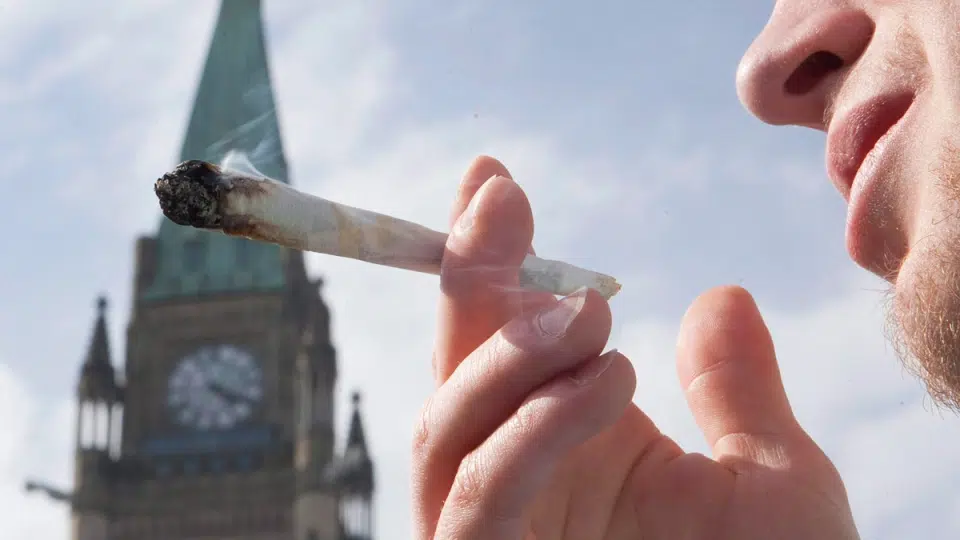
Battlefords RCMP complete drug impairment pilot project
A federal pilot project to test drug impairment in drivers in advance of expected marijuana legalisation went off as a big success in the Battlefords.
Battlefords RCMP were selected to be one of eight detachments across the country involved in the project for roadside drug screening tests. The Battlefords were the only detachment in central Canada where the pilot project was held. Each detachment was asked to collect 200 samples over a two-month period from January to early March. The tests were completely voluntary and the results could not be used to charge anyone who tested positive.
Cpl. Jason Olney was involved with the pilot project in the Battlefords and said every community they tested were very cooperative.
“Actually everyone in the community was great,” Olney said. “We not only tested in North Battleford but the surrounding area. What really stands out to me is when I went out to Murray Lake during the fish derby. Everyone was very accepting of the drug wipes and they were very curious. I got a lot of tests done there.”


